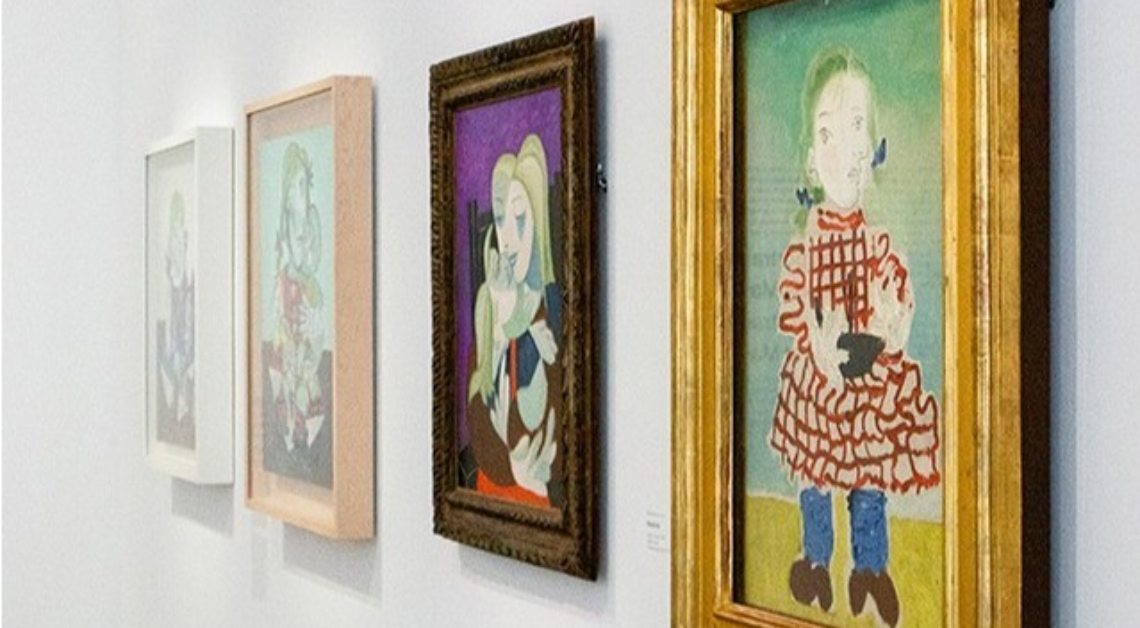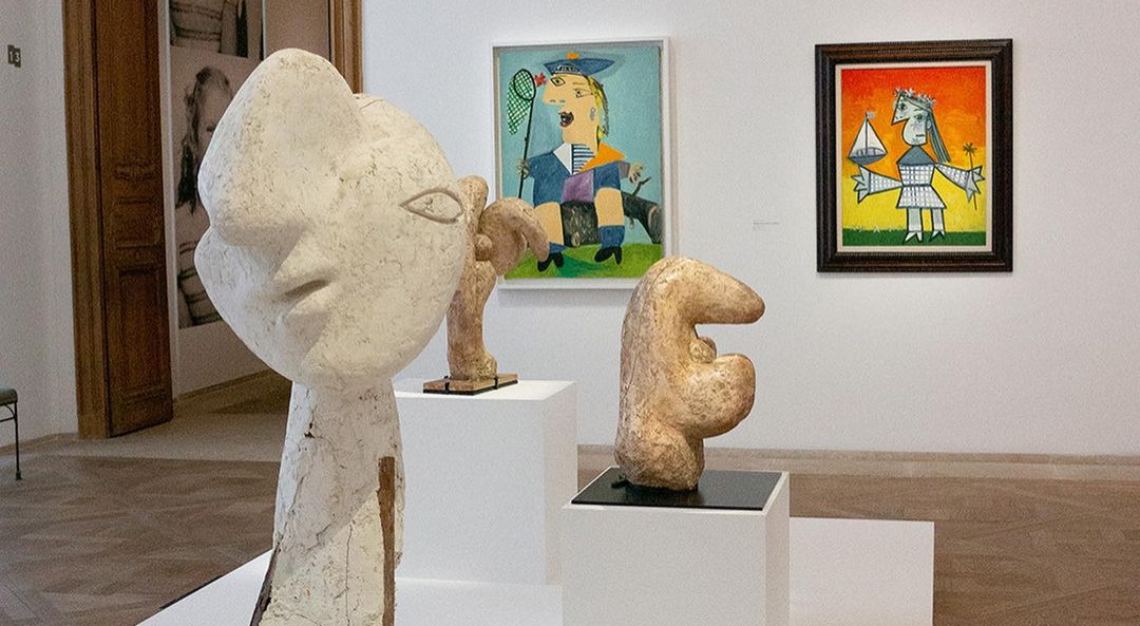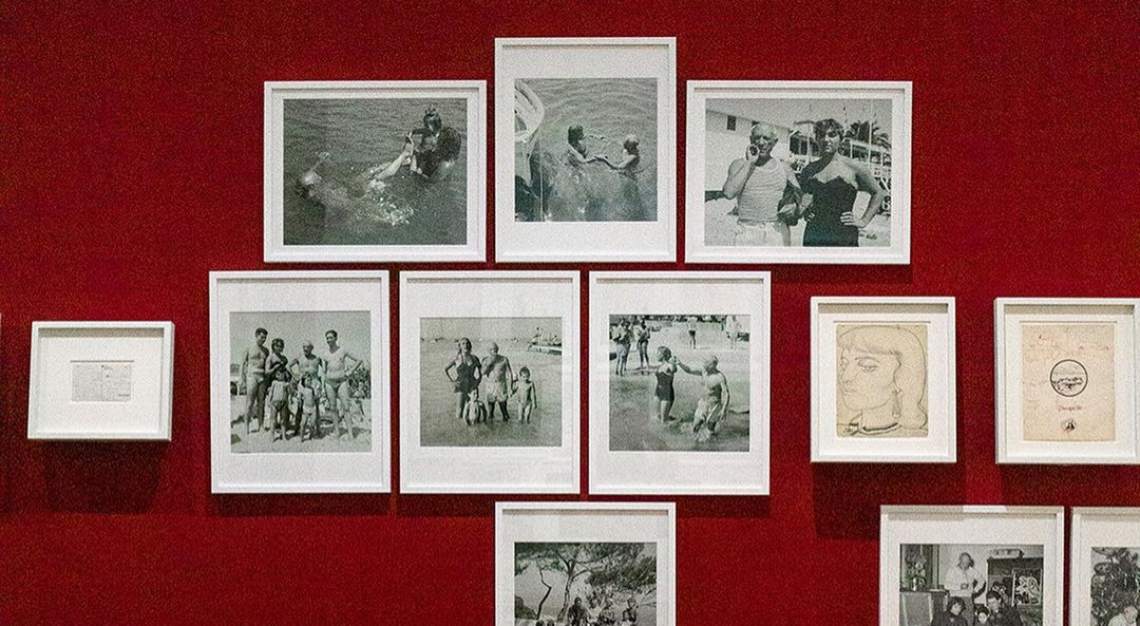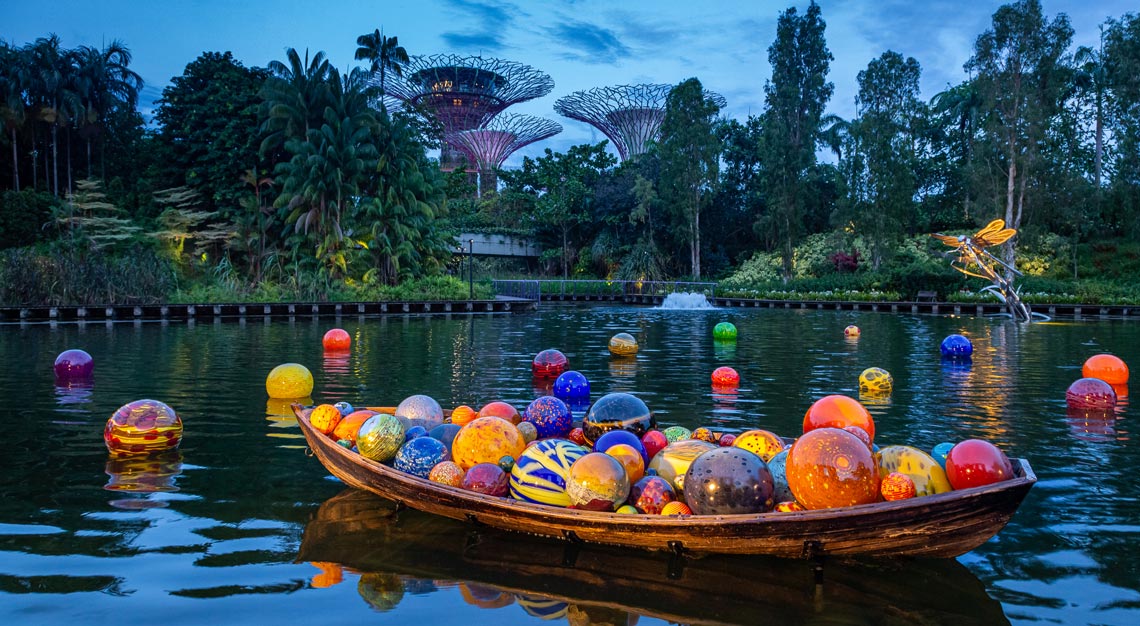The artist was fascinated by how children perceive the world, and was deeply inspired by Maya, his daughter and muse
It’s something we’ve probably all said or heard said while looking at Picasso’s work; the more polite ones among us would have secretly thought it: A child could have done that.
In all probability, Picasso wouldn’t have taken offence at this assessment. The obsession with hyperrealism that had long dogged his predecessors was never his cup of tea; he wanted to break rules, and to explore a different artistic language.
For that, Picasso looked to unlikely teachers – children. He was fascinated by the way they perceive the world. The birth of his first daughter, Maria de la Concepción, affectionately nicknamed Maya, marked a distinctive era in the artist’s career.

Maya was born to Marie.Thérèse Walter, a young woman Picasso fell deeply in love with in 1927. Her arrival inspired a series of works that provided a tender, and extremely intimate look into Picasso’s family life. She was his favourite muse, and he painted 14 portraits of her between January 1938 and October 1939.
But even as Maya played the role of an accidental teacher, she remained her father’s daughter. The doting artist created a number of “how to draw” instructional books for the little girl when she was between five and seven, attempting to show her the ropes of his craft. These were recently discovered by Diana Widmaier-Ruiz-Picasso, his granddaughter (Maya’s daughter), in an attic while she was looking through family memorabilia in storage.

Featuring animals, clowns, and acrobats, the sketches look like they came right out of a children’s book. In a number of pages, Maya had tried to imitate her father’s drawings while in others, she had graded his work.
Widmaier-Ruiz-Picasso has pointed out that teaching his daughter to draw probably came naturally to Picasso because he was also taught to draw by a parent – his father, who was an art professor.
Also found together with the “how to draw” sketchbooks were origami birds that the artist had made for his daughter out of exhibition invitation cards. It’s not known whether the invitation cards were for Picasso’s own exhibitions – in the interest of keeping the works intact, the origami sculptures were never unfolded.

The portraits of Maya and the origami birds, along with sculptures, paper collages, and memorabilia such as letters, poems, and never-before-seen photographs are now showing in the Maya Ruiz-Picasso, Daughter of Pablo exhibition at the Musée National Picasso-Paris. The event presents an unprecedented opportunity to understand the father-daughter bond between Picasso and Maya, and how his children influenced his art.
Maya Ruiz-Picasso, Daughter of Pablo runs until 31 December 2022. More details here.






